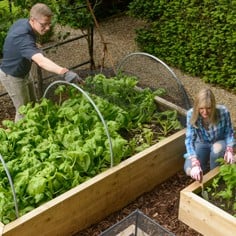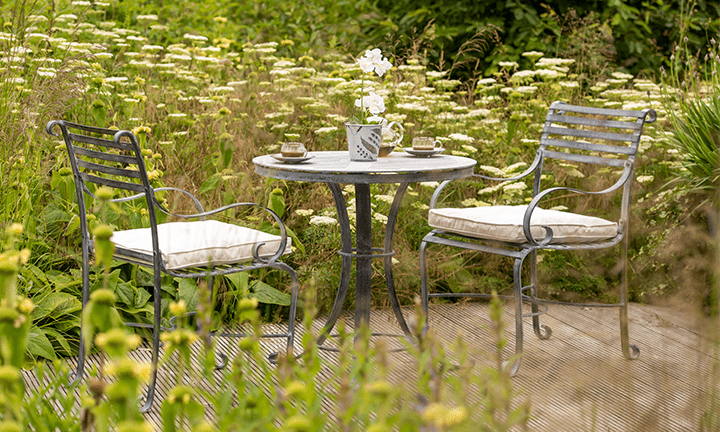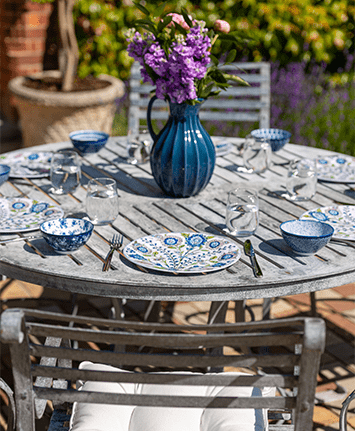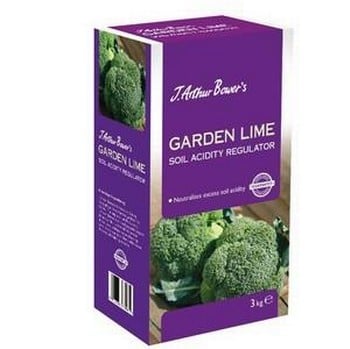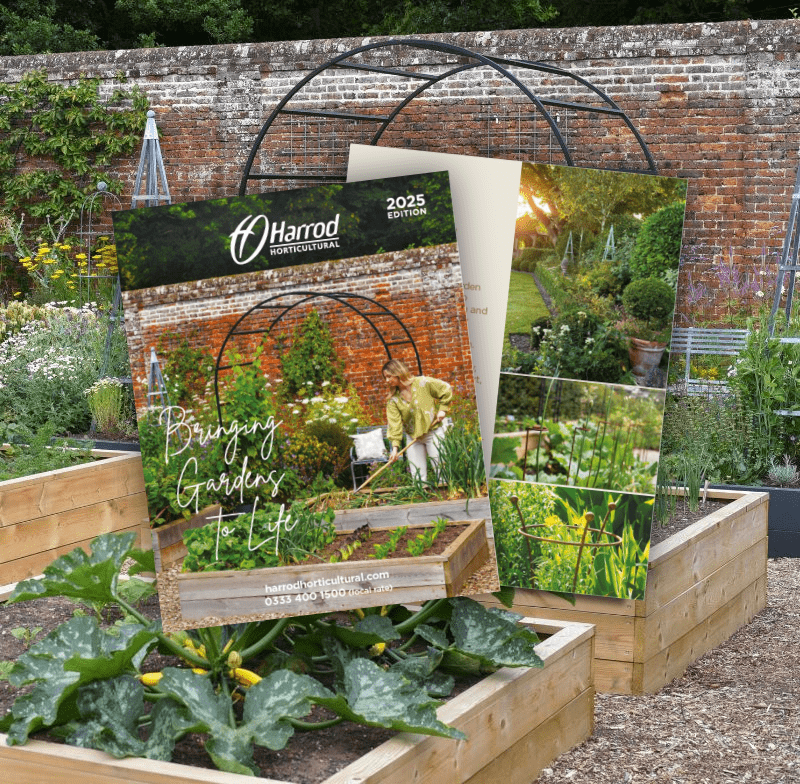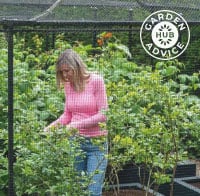Garden Lime
Garden lime has been a favourite among gardeners for years, not only does adding it to your soil raise the pH level, but it also improves the crumb structure in heavy soils and is in itself a form of calcium
Read More
Gardeners have been using lime for years to improve soil conditions and this natural ingredient really is the key to quality soil - for not only does the application of lime raise the PH level of the soil, it improves the crumb structure in heavy soils and in itself is a form of calcium.
The J Arthur Bowers world renowned Garden Lime we stock is supplied in a 3kg box (coverage 30m²), is made from ground limestone and should be applied in late autumn or early winter when the ground is frost free. Use garden lime on particularly acidic soils each year - neutral soil will benefit from an application every 3 years - by scattering over the soil surface and forking in well, and don't forget to treat your brassica plot with garden lime too as a higher PH will help discourage club root.
- Garden Lime supplied in 3kg boxes
- Used for centuries in agriculture and horticulture
- Apply to acidic soils to raise PH levels
- Scatter over soil surface in autumn/winter
- Don't apply if ground is frozen
- Fork in well after application
- Use on border soil, vegetable plots and allotments
- 3kg box covers 30m²
- Apply at a rate of 100-200g per m²
- Improves structure of heavy soils
- Adds valuable calcium to soil
- Take care to keep off plant leaves
- Don't apply on windy days
- Completely natural
- Made from ground limestone
- Was hands after use
- Store in a cool, dry place away from children, pets and foodstuffs
Top Garden Liming Tips from our horticulturist Martin Fiddes:-
"The garden lime we supply is made from ground limestone and is the safest to use in the garden, but it's still good practice to keep the lime off plants' foliage as this can cause scorching.
Applying lime will raise the soil PH, turning an acidic soil with limited growing capacity into a neutrel and fertile medium and unlocking nutrients and trace elements in the process. If your soil is heavy, clay-based and difficult to cultivate, an application of lime will help improve the crumb structure and the ability of the soil to hold water and nutrients.
Liming is particularly beneficial if you're looking to grow brassicas as the higher the soil PH, the less chance that infamous soil-borne disease club root has of taking hold.
But liming isn't all good - be aware that if you're growing potatoes, an alkaline soil can increase the chances of potato scab striking so don't lime prior to planting your spuds!"






